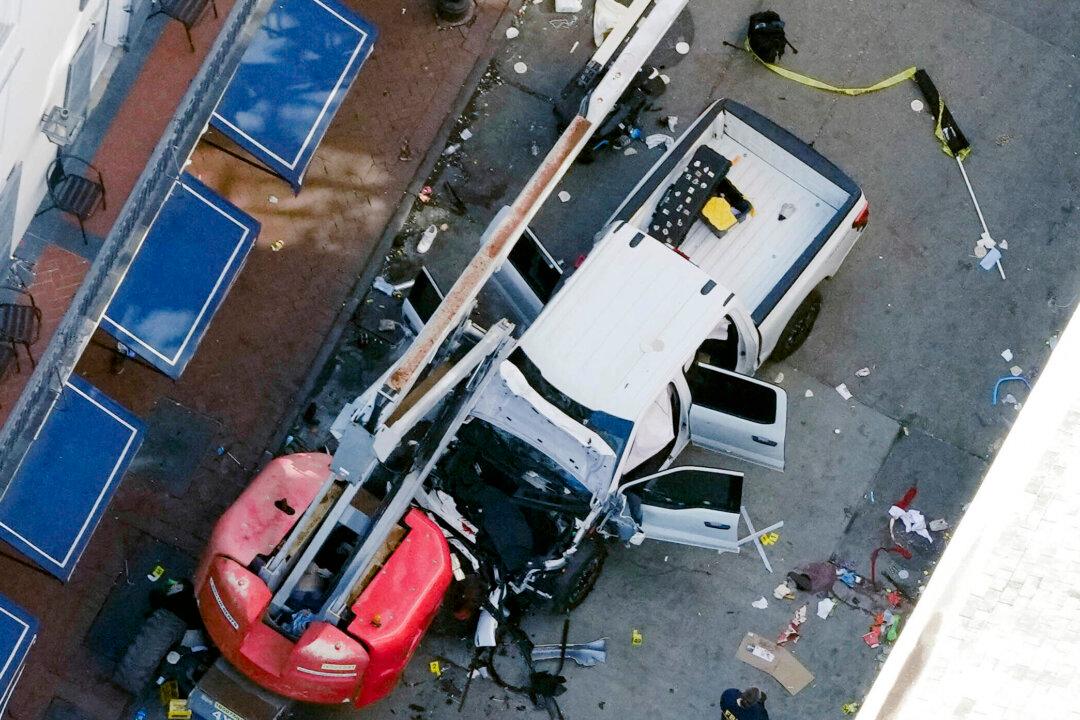The FBI and Department of Homeland Security (DHS) have issued a public warning, raising concerns about potential copycat vehicle ramming attacks like the New Year’s Day incident in New Orleans that left 14 dead and dozens injured.
“The FBI and DHS are concerned about possible copycat or retaliatory attacks due to the persistent appeal of vehicle ramming as a tactic for aspiring violent extremist attackers,” the agencies noted in a joint alert issued on Jan. 13.





